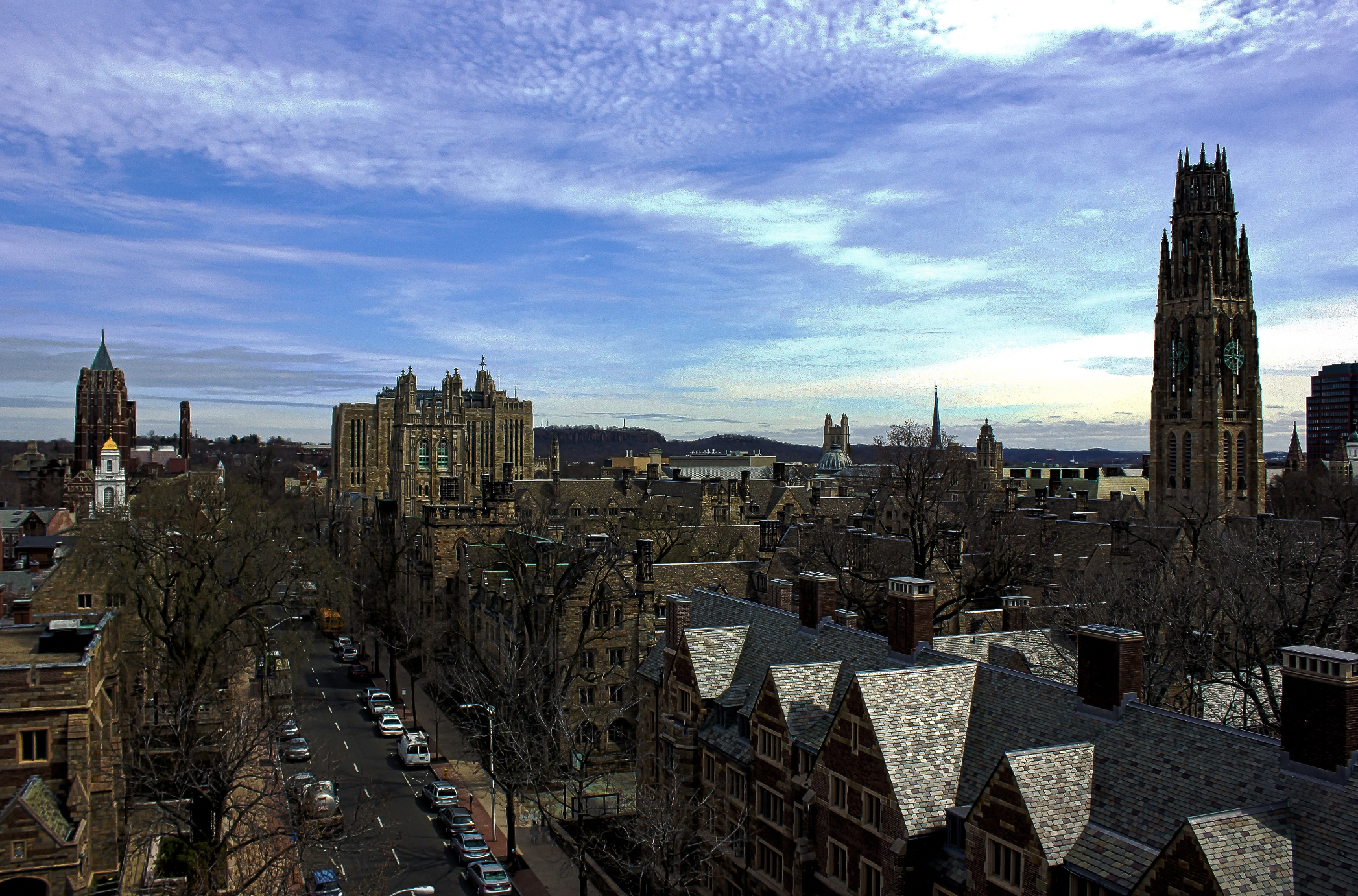International students discuss how to make campus feel less alienating
International Students often feel like a “Ghost of Two Worlds” and reduced to just a number. But, there are some clear ways universities can welcome international students.

BY LARA-MAY ATALLAH
Bringing in international students fosters a more diverse college environment, exposing students to various cultures and expanding their open-mindedness. It also brings in numbers.
This past year, around 23% of the Yale student body has been composed of international students. While this may seem like a positive, statistics like these make many students feel dehumanized when they are reduced to just a number. Some students find the emphasis placed more on advertising international students, rather than the actual culture of the university.
“When the students actually arrive, they’re not really offered help or aid from the university. Rather, they look towards other students from the same background as them to get help,” Hedroug said.
Despite Yale’s rather large international student community, the persistence on percentages according to Layla Hedroug ’25 feels a bit “performative.”
Although, some foreign students also argue the importance of that statistic.
“I think the percentage of international students on campus is really important because many have felt like outsiders, making it difficult to adjust,” Syeda Rameen Alam, a Dubai student from Pakistan, said. “When I consider where I want to go for University, I want to know that there’s other people like me who I can rely on, who I can build a support system with, and share our struggles and stories.”
Still, one area that all international students agree on is the importance of making incoming freshmen aware of the different cultural groups and associations on campus. This process greatly reduces the number of ‘lone wolves’ in the international community.
Hedroug explained that The Arab Students Association (The ASA) are not given a list of Arab students to contact. This unfortunately results in them “having to use stereotypes and generalize who might be Arab” from a long list of freshmen’s names.
“A lot of the time it’s a hit or miss. We kind of message them, hoping and crossing our fingers that they’re Arab to invite them to the ASA,” Hedroug said.
It is also notably important to have a cultural house for students to feel like they belong on campus.
“We’re kind of divided into either the African-American house (If you’re a north African like me), or the Asian American house, (if you’re west Asian, also like me). We don’t really know which cultural house we are welcomed into, and that is really disheartening,” Hedroug said.
Hedroug is both Lebanese and Algerian — and like many students from multiple nationalities — faces increased challenges finding her ‘safe-space’ on campus.
According to Hedroug, she was told MENA was “too specific on an ethnicity” to have its own cultural house.
“The ASA is thriving whereas MENA still needs a lot of work. But we’re trying our best to make it thrive,” Youssef Ibrahim ’25 said.
As international students, adjusting to a completely foreign place is not easy. But the people around you can play huge roles in your experiences.
“We’d always chat about how the weather is talked about in Fahrenheit instead of Celsius and you know, just like a bunch of nonsense basically. You find a lot of things connecting to us, essentially,” Ibrahim said.
Dubai student, Hriday Maharaj, originally South African, describes the alienation of being an international student as “being a ghost where you’re part of two worlds, but not a part of either.”
One way Maharaj thinks alienation can be prevented is increasing diversity welcoming efforts.
“I don’t fit in when I go back to Egypt. I’m not great at Arabic. I don’t know the cultural references and how daily life is.And in Canada, although I spoke English, the fact that I wasn’t white caused a discrepancy between what I knew about myself and the world,” Karen Youakim, a Dubai student from Egypt, said.
At a school that has more than “95 nationalities” and that celebrates diversity, a place “where you can learn a lot from others, and no one is the same,” Youakim feels less isolated from her community.
As a Lebanese myself who’s currently living in Dubai, experiencing feelings of diaspora has become a huge part of my identity. Having never actually lived in Lebanon, I find myself constantly looking for a ‘home’ that doesn’t actually exist because I don’t always feel fully Lebanese, yet I am neither part of the community I currently live in.
When your own passport feels foreign to you, you feel like the world hasn’t given you a spot. So you begin to value having other people like you.
When we feel like strangers, we want to know that we can find a haven in a chaotic world.
The Arab Student Association was founded in 2017.






